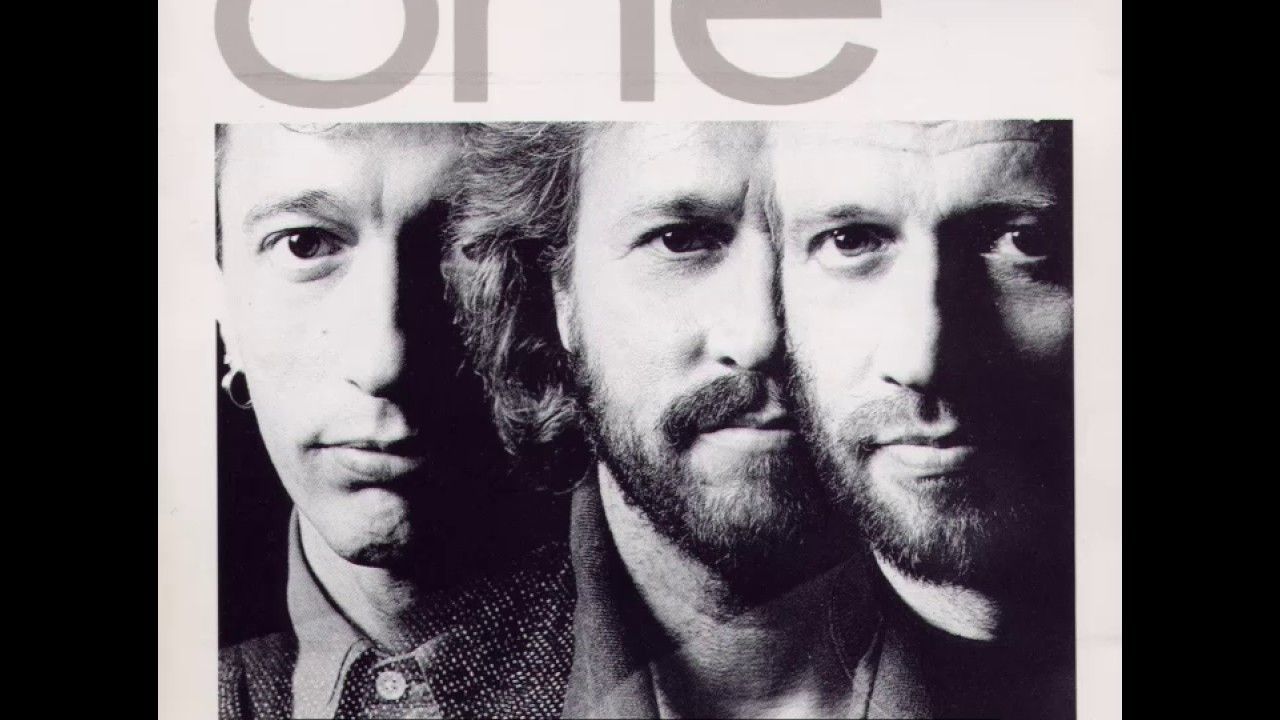Bee Gees – Tears



Tears After Laughter: Unveiling the Bee Gees’ “Tears”
The Bee Gees’ “Tears” isn’t just a ballad about heartbreak – it’s a window into a period of personal and musical transition for the iconic group. Released in 1989 on their album “One,” the song marked a shift in their sound, showcasing a more mature and introspective side of the brothers Gibb.
While the exact inspiration behind “Tears” remains unclear, it arrived during a turbulent time for the Bee Gees. The previous decade had seen them achieve phenomenal success with their disco soundtracks for “Saturday Night Fever” and other films. However, by the late 1980s, disco had fallen out of favor, and the Bee Gees were facing pressure to adapt.
“Tears” reflects this introspective mood. Written and composed by all three Gibb brothers – Barry, Robin, and Maurice – the song delves into themes of loss, regret, and the passage of time. The lyrics paint a picture of someone grappling with the aftermath of a failed relationship, yearning for what’s lost: “Heaven only knows how much I’m missing you / Knowing I had heaven in my hands.”
Despite the melancholic theme, “Tears” isn’t entirely devoid of hope. The chorus speaks of enduring strength and the cyclical nature of life: “Time and tide is on my side / It stands forever / There will be nights of love / And yes there will be tears.”
The musical arrangement also reflects the emotional complexity of the song. The opening verse starts with a lone piano melody, setting a somber mood. As the song progresses, drums and synthesizer chords build, creating a sense of emotional intensity. Robin Gibb’s vocals take center stage, delivering the lyrics with a raw vulnerability that resonates with listeners.
“Tears” wasn’t a major commercial hit for the Bee Gees, but it holds a significant place in their history. It marked a turning point, showcasing their ability to evolve beyond their disco roots and explore more mature themes. The song also serves as a reminder of the timeless power of heartbreak and loss, emotions that resonate across generations.
So, when you listen to “Tears,” prepare for a journey of mixed emotions. It’s more than just a breakup ballad – it’s a testament to the Bee Gees’ artistic growth, their ability to capture vulnerability, and the enduring power of a well-crafted song.